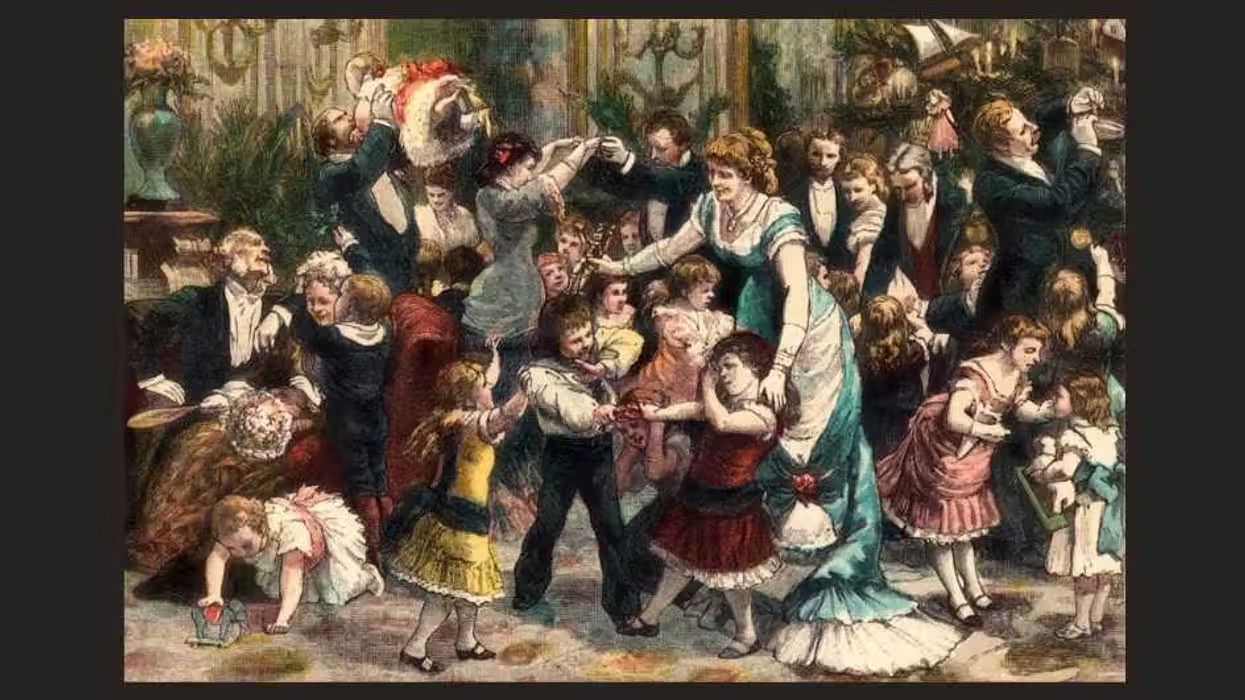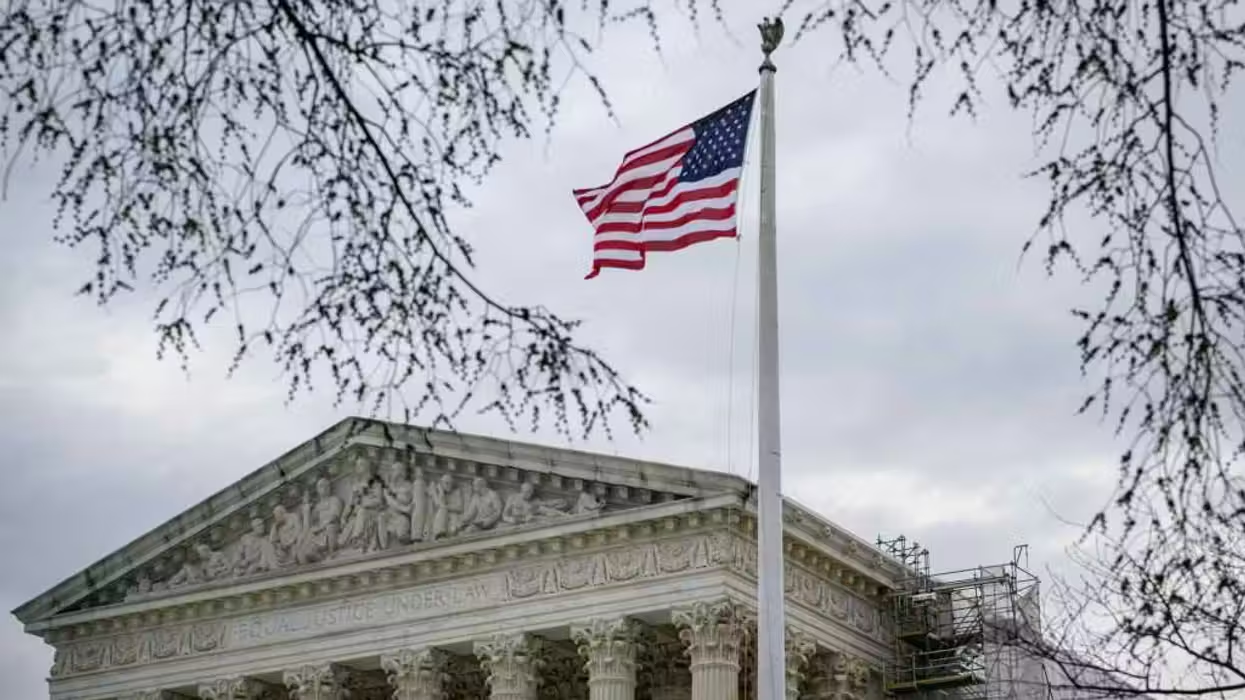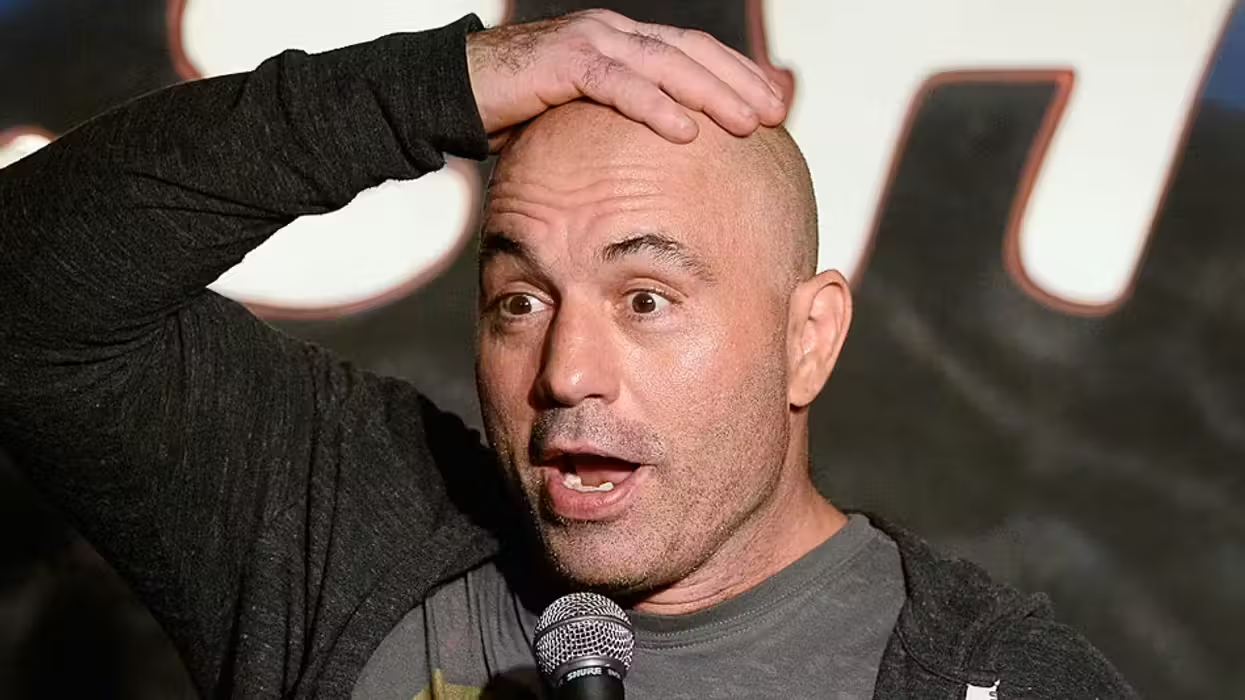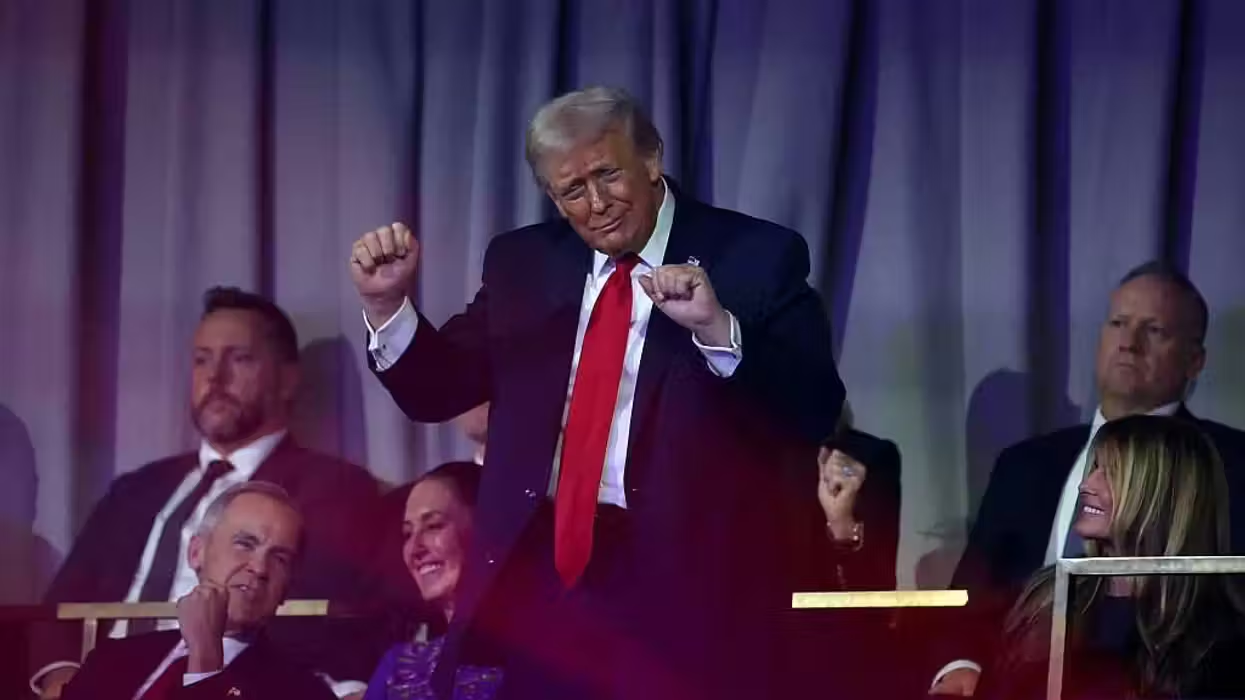For three decades, children were entertained by the late Fred Rogers’ television program “Mister Rogers Neighborhood.” Beginning with the song, “It’s a Beautiful Day in the Neighborhood,” he took his viewers on a journey through a make-believe world.
It would be wrong to think comments by President Barack Obama last month about the Middle East “neighborhood” were made merely for their entertainment value. They clearly were not, leaving us to wonder if he too journeys through a make-believe world.
In a recent interview, Obama made an astonishing statement about Saudi Arabia - a nation that feels more threatened today by Iranian aggression than any other time in its history, especially now that a U.S. deal paves the way for Tehran to become nuclear-armed. Obama said Riyadh “need[s] to find an effective way to share the neighborhood…”
 President Barack Obama speaks about US - Iranian relations, including the Iranian-American nationals that were jailed in Iran and are being freed as part of a prisoner swap, in the Cabinet Room of the White House in Washington, DC, January 17, 2016. (Photo: SAUL LOEB/AFP/Getty Images)
President Barack Obama speaks about US - Iranian relations, including the Iranian-American nationals that were jailed in Iran and are being freed as part of a prisoner swap, in the Cabinet Room of the White House in Washington, DC, January 17, 2016. (Photo: SAUL LOEB/AFP/Getty Images)
Imagine a doctor, diagnosing a patient with an aggressive cancer that cannot be contained, dismissing the patient’s concerns with the simple admonition, “just live with it.” Left unsaid to - but understood by - the patient is that the cancer eventually will kill him.
With both Saudi Arabia and Iran ruled by Islamic law, Western logic would assume a natural affinity between the two nations exists. But 1,400 years of history reveals Islam to be a religion that birthed two feuding sects, Sunni and Shia. That seventy-generation-long feud puts the two-generation Hatfield and McCoy feud of American fame to shame as Shiite Iran looks to dominate Sunni Saudi Arabia today.
It is incomprehensible that Obama - supposedly a student of Islam - dismisses an unbroken, fourteen century-long conflict with the Rodney King-esque suggestion, “Can we all get along?” by sharing the neighborhood!
In this same interview, Obama acknowledged his 2009 Cairo speech in an effort to appeal for a new beginning with Muslim nations failed. Wrong then, he is just as wrong now about Iran sharing the Middle East neighborhood. Yet Obama is preparing to impart this “wisdom” to leaders when he attends a Gulf Cooperation Council summit meeting on April 21.
The GCC member states include Bahrain, Kuwait, Oman, Qatar, Saudi Arabia and the United Arab Emirates. Formed in 1981, Saudi Arabia proposed a tighter economic, political and military GCC affiliation in 2011 as Iranian influence in the region increased.
Obama seems more focused on criticizing rather than encouraging the Saudis, accusing them in the interview of being a “free rider” on America’s war wagon during Middle East conflicts.
Expressing irritation over keeping Saudi Arabia as an ally, Obama expressed no concern over acting as if Iran were one, favoring it with a heavily one-sided nuclear agreement. Such a deal - including the release of $150 billion to Tehran - is unconscionable in view of Obama’s acknowledgement, “Iran, since 1979, has been an enemy of the United States, and has engaged in state-sponsored terrorism, is a genuine threat to Israel and many of our allies, and engages in all kinds of destructive behavior.”
Obama should not be attending the upcoming summit to bury the Saudis as free riders, but rather to praise them for accomplishments made in the war on terror as evidenced by:
Obama’s embrace of Iran limits his credibility with the GCC - as reflected last year as the Saudi king refused to attend the summit held in Washington. Accordingly, Obama should now seek to assure GCC members the U.S. will:
- Ensure strict compliance by Tehran to the nuclear agreement’s terms
- Challenge Iranian military aggression in the region
- Press for the removal of Iranian and Hezbollah forces from Syria
- Seek resolution of Tehran-sponsored fighting in Yemen to help secure Saudi Arabia’s 1000-mile border with that country
- Recognize Riyadh’s right to self-protection by all means necessary - including acquisition of nuclear weapons from Pakistan to counter an Iranian nuclear threat
- Seek a political resolution of hostilities in Syria that does not allow President Bashar Al-Assad to remain in power as Tehran’s puppet.
This is a tall order for Obama to fill. To do so necessitates that he pull his head out of the sand - a posture blinding him to the realities of Iranian aggression and from grasping the importance of trust-building with GCC members.
Others in the region plainly see what Obama does not. United Arab Emirates’ ambassador to the U.S., Yousef Al Otaiba, appalled by Obama’s blindness, notes that ever since the nuclear deal, “Iran has only doubled down on its posturing and provocations” and provides a lengthy list of aggressive Iranian acts Obama chooses to ignore.
As Jennifer Rubin, another critic of Obama’s indifference towards Tehran, writes, Otaiba “seems more outraged about Iranian aggression against the United States than does the U.S. president” and that “the West would be far safer if he, not Secretary of State John Kerry, had been the lead negotiator” on the nuclear deal.
The power struggle between Saudi Arabia and Iran, fueled by Obama’s weakening the former while strengthening the latter, has created a very volatile Middle East neighborhood. The president has dug a very deep hole for himself refusing to see, hear or speak evil of Tehran while not hesitating to do so about Saudi Arabia.
While attending the GCC later this month, Obama may try crooning “It’s a Beautiful Day in the Neighborhood.” If he does, the Saudis won’t be listening.
–
TheBlaze contributor channel supports an open discourse on a range of views. The opinions expressed in this channel are solely those of each individual author.


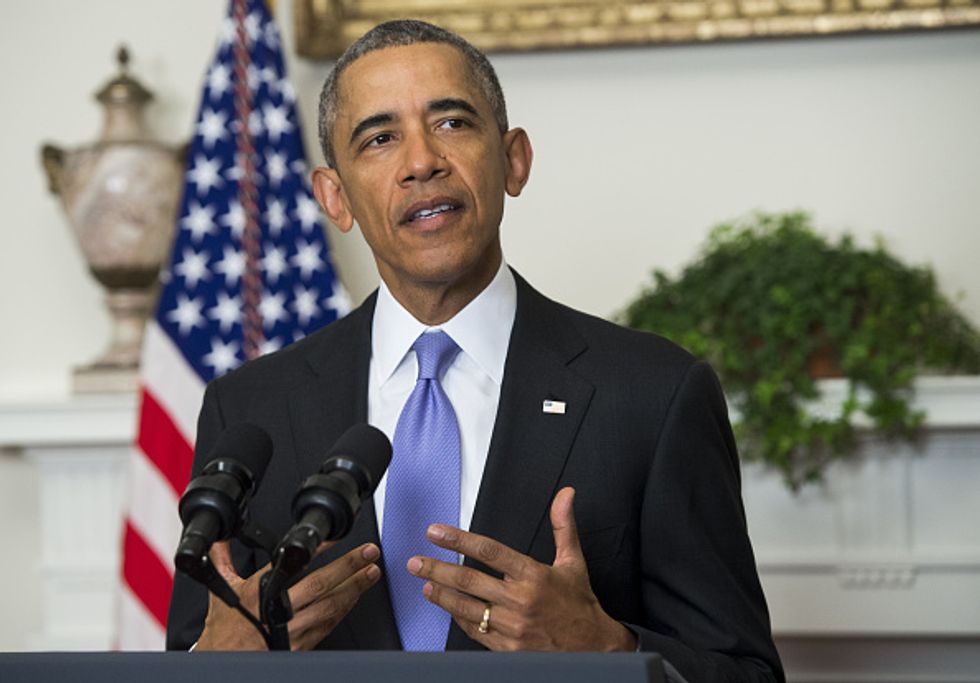 President Barack Obama speaks about US - Iranian relations, including the Iranian-American nationals that were jailed in Iran and are being freed as part of a prisoner swap, in the Cabinet Room of the White House in Washington, DC, January 17, 2016. (Photo: SAUL LOEB/AFP/Getty Images)
President Barack Obama speaks about US - Iranian relations, including the Iranian-American nationals that were jailed in Iran and are being freed as part of a prisoner swap, in the Cabinet Room of the White House in Washington, DC, January 17, 2016. (Photo: SAUL LOEB/AFP/Getty Images)

